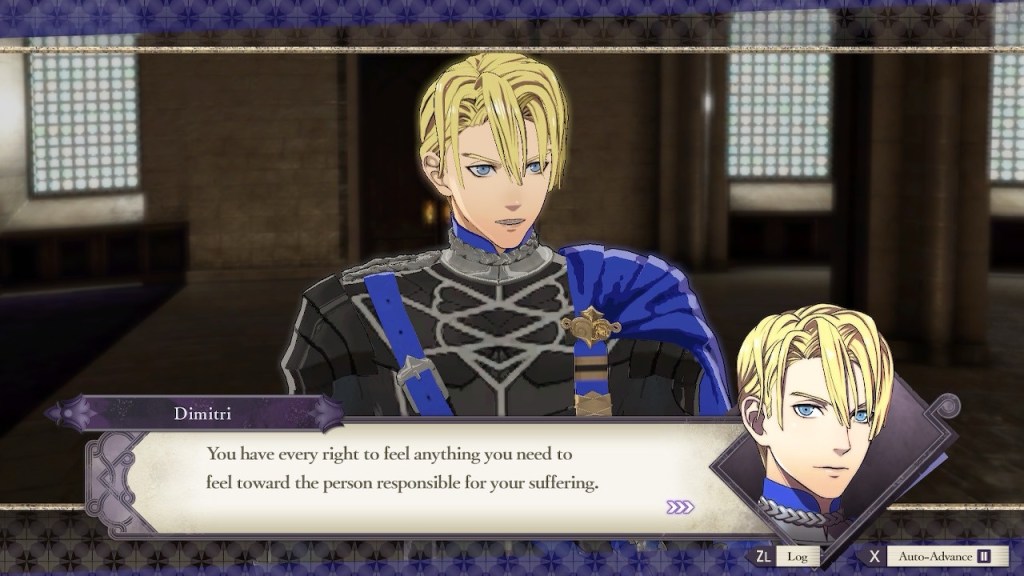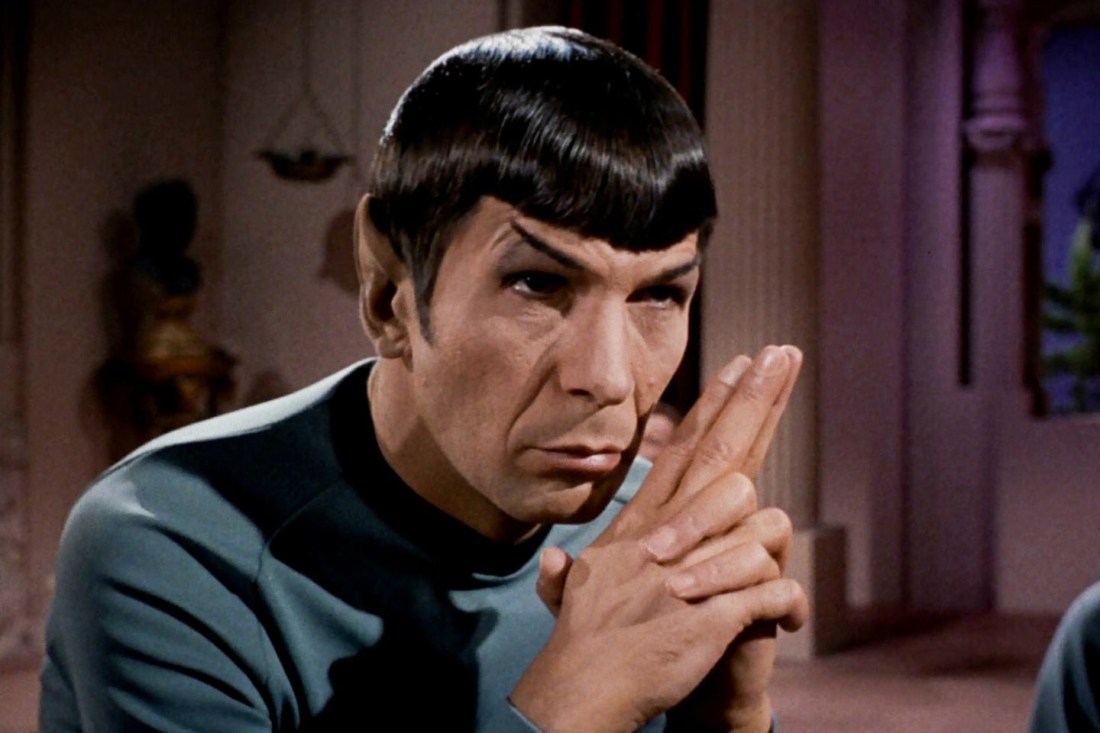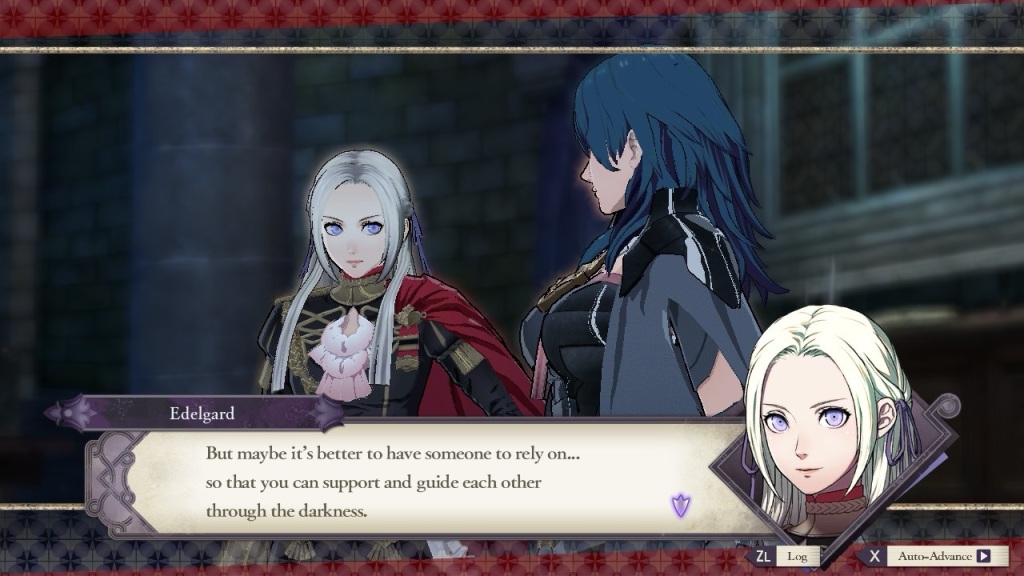Since May when I started taking up Zen practice more actively, I’ve been meditating more or less pretty regularly since then. Not quite daily, but several times a week usually. This has highlighted something I didn’t expect: back pain.
Back pain is nothing new to me. I have worked a desk job for many years, so my back often hurts, and I don’t get enough exercise. My back problems are not severe, and don’t require surgery or anything, and I have tried a few things to solve them: new office chairs, Tiger Balm, Chinese medicine pads, yoga, acupuncture, ibuprofen, etc. Each of these helps a little bit, but the problem recurs over and over again. Simply bending down to take out something from the refrigerator can trigger it, but so did Zen meditation.
Meditation sometimes triggers lower back pain for me if I sat incorrectly. But also posture. I tried doing a half-lotus posture, but that quickly caused too much discomfort (full lotus posture is right out), so I usually sit in the “Burmese posture“. This is usually good enough, but even so, if I posture isn’t good, my back hurts more and more. If I already had back pain, it aggravates it. In such cases, I usually have to stop meditation for a few days while my back recovers.
I started to despair that I would never find relief.
Finally, I decided to try some physical-therapy exercises to strengthen my core muscles. I found this helpful website that provides a routine that a person should do once or twice a day (twice if possible). I started this about four weeks ago, sometimes once a day, sometimes twice a day. I also added 15 squats as part of this routine to make my knees stronger.1 After the first week, the pain in my back had noticeably diminished. By the end of the second week, my posture and back pain greatly improved. I felt much more sturdy when going up and down stairs.
Meditation too hurts a lot less. Sometimes I still get back pain, but both the severity and duration are much shorter now.
Again, to emphasize, my back problems are pretty minor and don’t require surgery or anything, but simply doing about 10 minutes daily of physical therapy type exercises to strengthen my core has had many little benefits, both for meditation and for general quality of life.
But don’t ask this old man to do half-lotus position… 😋
P.S. Taking a break next week on blogging. I need to catch up on some drafts, do some reading, etc. Plus it’s my birthday. 🥳 See you next time!
1 I have also been dieting more actively to help reduce physical weight of my body on my bones and back.















You must be logged in to post a comment.